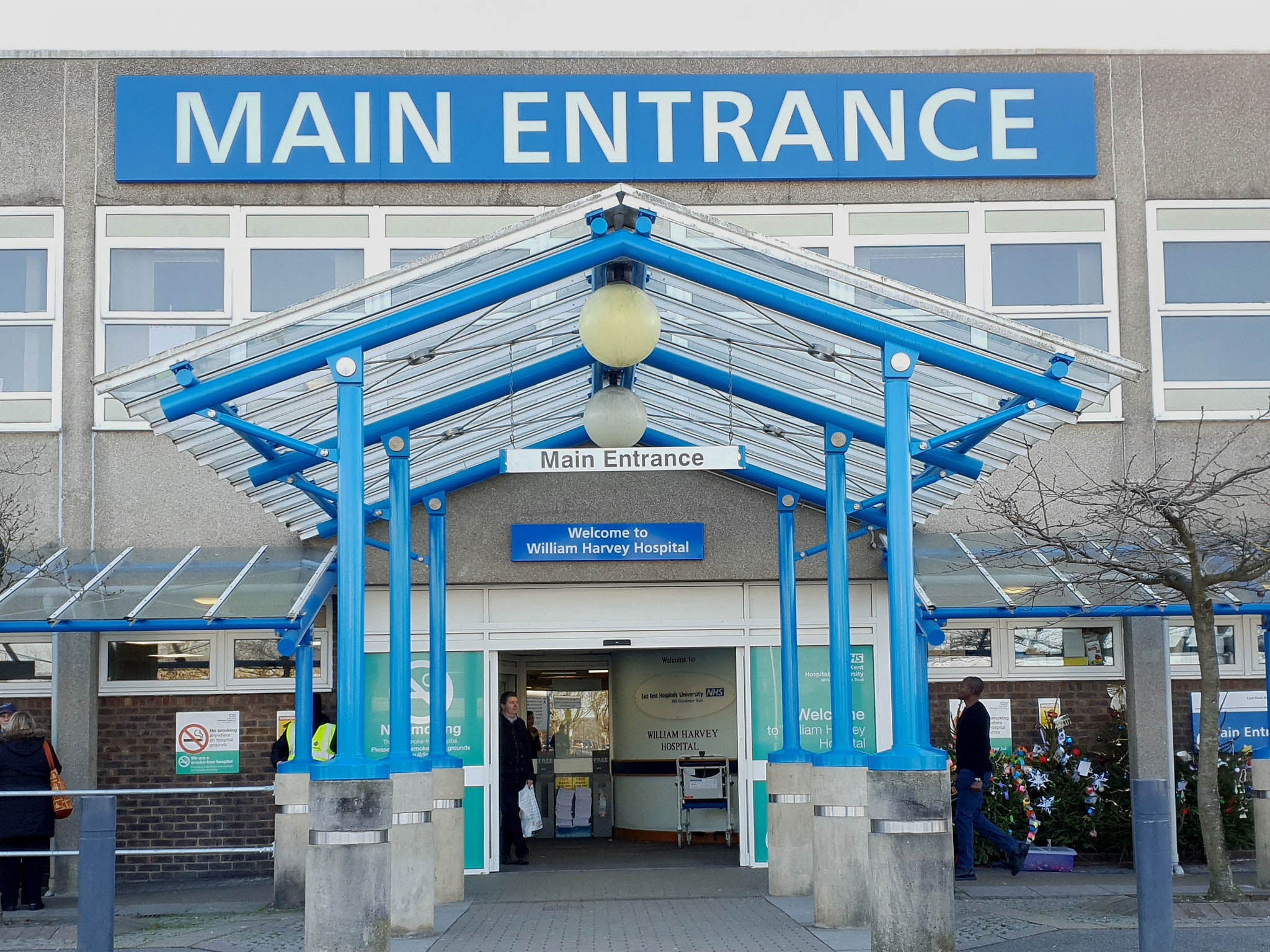Eating disorders to be tackled with early intervention treatment amid pandemic rise
New NHS service will treat conditions from anorexia to bulimia early on before they can escalate

Your support helps us to tell the story
From reproductive rights to climate change to Big Tech, The Independent is on the ground when the story is developing. Whether it's investigating the financials of Elon Musk's pro-Trump PAC or producing our latest documentary, 'The A Word', which shines a light on the American women fighting for reproductive rights, we know how important it is to parse out the facts from the messaging.
At such a critical moment in US history, we need reporters on the ground. Your donation allows us to keep sending journalists to speak to both sides of the story.
The Independent is trusted by Americans across the entire political spectrum. And unlike many other quality news outlets, we choose not to lock Americans out of our reporting and analysis with paywalls. We believe quality journalism should be available to everyone, paid for by those who can afford it.
Your support makes all the difference.A new NHS treatment programme targeting young people with eating disorders has been launched amid a rise in numbers needing treatment during the coronavirus pandemic.
Recent NHS data showed record numbers of children and young people are currently being treated across England for eating disorders while waiting times in some places are dangerously long.
On Monday, children’s charity NSPCC warned that counselling sessions for eating and body image disorders rose by 32 per cent after lockdown was introduced in March.
The new scaling up of intervention services for those with eating disorders such as anorexia and bulimia will mean young people can gain access to rapid specialist NHS treatment across England.
The service will be rolled out to 18 sites, building on a successful trial model at King's College London, where one patient described the treatment as the “gold standard” of care.
Nadine Dorries, Minister for Health, said: “Eating disorders can have a devastating impact on individuals and their families – and can very sadly be fatal. I am committed to ensuring young people have access to the services and treatment they need which can ultimately save lives."
Eating disorders can cause lasting serious physical and mental health problems, and the new scheme is attempting to combat this with early intervention.
Andrew Radford, chief executive of UK eating disorder charity Beat, told The Independent: “We know that the sooner someone gets the treatment they need, the better their chance of recovery, so this should lead to greater numbers of young people going on to live full and successful lives free of their eating disorder.”
Student Katie Scott, 22, suffered from an eating disorder when she was 14, and said early intervention is not just important, but “critical.”
Ms Scott told The Independent: “I myself have been recovering from an eating disorder for eight years now and I strongly believe that this time would have been far shorter if I had got the expert intervention I needed when my symptoms first began in 2012.”
Investment announced on Friday into the First Episode Rapid Early Intervention for Eating Disorders (FREED) will target those living with the disorder for under three years, tackling the eating disorder before possible escalation.
Young people aged between 16 to 25 could be contacted by health professionals within 48 hours, with treatment beginning two weeks later.
Ms Scott emphasised how eating disorder thoughts and behaviours can “spiral and become ingrained so quickly that as time goes on it becomes harder to challenge and relearn ‘healthy’ habits.”
“If all sufferers had early input then they would have the chance to catch behaviours when they are less ingrained and therefore easier to work on,” she continued.
Professor Tim Kendall, NHS England’s National Clinical Director for Mental Health, said: “Young people who are struggling with an eating disorder stand to benefit significantly with the roll out of this new NHS service which will provide access to early intervention, treatment and support.”
In October, a Guardian investigation found one private eating disorder service reported a 71 per cent rise in admissions in September among under 18s compared to the same period last year.
The data also revealed that some children and young people are waiting dangerously long for treatment in certain areas. NHS England data showed just 50 per cent of under 19s referred to NHS Trusts including Barnet and Enfield were seen within four weeks between July 2019 and June this year.
Guidelines say patients should begin treatment within four weeks while urgent cases should begin within one week, meaning the data sat far below the 95 per cent target set for all NHS trusts.
Elsewhere, more than a dozen children were found to be waiting too long for treatment at Northamptonshire Healthcare Trust, of which the mental health charity YoungMinds warned the consequences of could be “potentially devastating.”
Meanwhile, an Ofsted report on schoolchildren during the pandemic found an upward spike in older pupils across England self-harming or suffering from eating disorders.
The Academic Health Science Network (AHSN), a body within the NHS, is supporting the national adoption of early identification models for eating disorders in young people.
Amanda Risino, Chief Operating Officer for Health Innovation Manchester and AHSN Early Intervention in Eating Disorder National Programme Chair, said: “Early intervention in eating disorders is shown to lead to substantial improvements in clinical outcomes at a critical time of transition and development, and is highly acceptable to both patients and families.”
Last week, an inquest concluded that the death of Averil Hart, who died aged 19 in 2012, “could have been avoided” and “was contributed to by neglect” by health services.
Hart’s father sent a “prevention of future deaths report” to NHS England, outlining several occasions when early intervention or appropriate care later on could have prevented his daughter's death.







Join our commenting forum
Join thought-provoking conversations, follow other Independent readers and see their replies
Comments